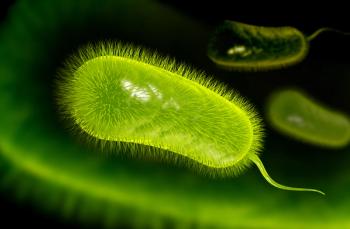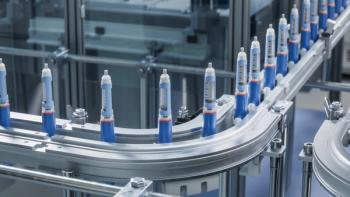
Experimental Cancer Vaccine Boosts Survival Against Melanoma in Mice
When used in combination with an anti-PD-L1 therapy, a novel vaccine plus Diprovocim increased survival in mice with melanoma.
An experimental cancer vaccine used in conjunction with other cancer therapies may increase the chances of survival in melanoma, according to a new study reported in the Proceedings of the National Academy of Sciences.
In the study, the researchers tested this type of co-therapy in mice with melanoma using a molecule called Diprovocim, which targets the innate immune receptor TLR1/TLR2 in mice and humans, as an adjuvant to a cancer-targeting vaccine.
The vaccine design was tested in mice with a form of aggressive melanoma. All mice in the study were treated with anti-PD-L1 therapy and then divided into 3 groups: 8 received the cancer vaccine, 8 received the cancer vaccine plus Diprovocim, and 8 received the cancer vaccine plus an alternative adjuvant called alum.
In mice given the vaccine plus Diprovocim, the researchers observed a 100% survival rate over 54 days. Mice only given the cancer vaccine demonstrated a 0% survival rate and mice given the cancer vaccine with alum had a 25% survival rate.
“It was exciting to see the vaccine working simultaneously with a cancer immunotherapy like anti-PD-L1,” study author Dale Boger, PhD, Scripps research professor, said in a press release.
In addition to extending survival, Diprovicim also induced long-term antitumor memory, effectively training the immune system to attack tumor cells if they return. The researchers noted that they were unable to re-establish the tumor in mice who were vaccinated because the immune system was already prompted to fight the tumor cells.
According to the researchers, using Diprovicim as an adjuvant boosts the vaccine’s cancer-fighting potential by stimulating the immune system to make cells called tumor-infiltrating leukocytes. Diprovicim induced greater frequencies of tumor-infiltrating leukocytes than alum, of which CD8 T cells were necessary for the antitumor effect of immunization plus anti-PD-L1 treatment, according to the study.
The vaccine was administered as an intramuscular injection away from the main tumor site, indicating that the vaccine does not need to be directly injected into the tumor.
The researchers said they plan to conduct further testing with the vaccine design and evaluate how it works in combination with other cancer therapies.
References
Wang Y, Su L, Morin MD, et al. Adjuvant effect of the novel TLR1/TLR2 agonist Diprovocim synergizes with anti—PD-L1 to eliminate melanoma in mice. PNAS. 2018.
Scientists test new cancer vaccine against melanoma [news release]. Scripps’ website.
Newsletter
Stay informed on drug updates, treatment guidelines, and pharmacy practice trends—subscribe to Pharmacy Times for weekly clinical insights.








































